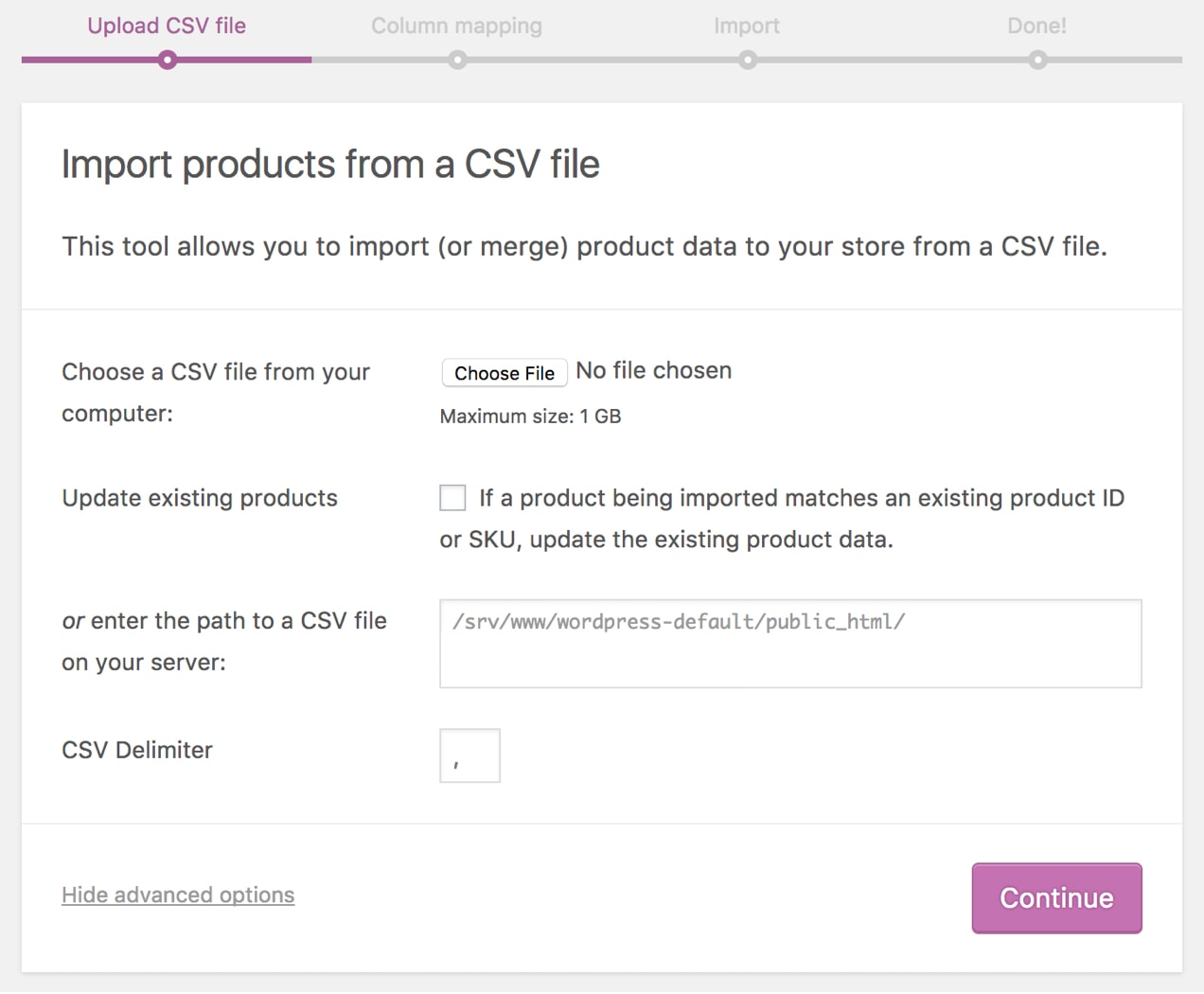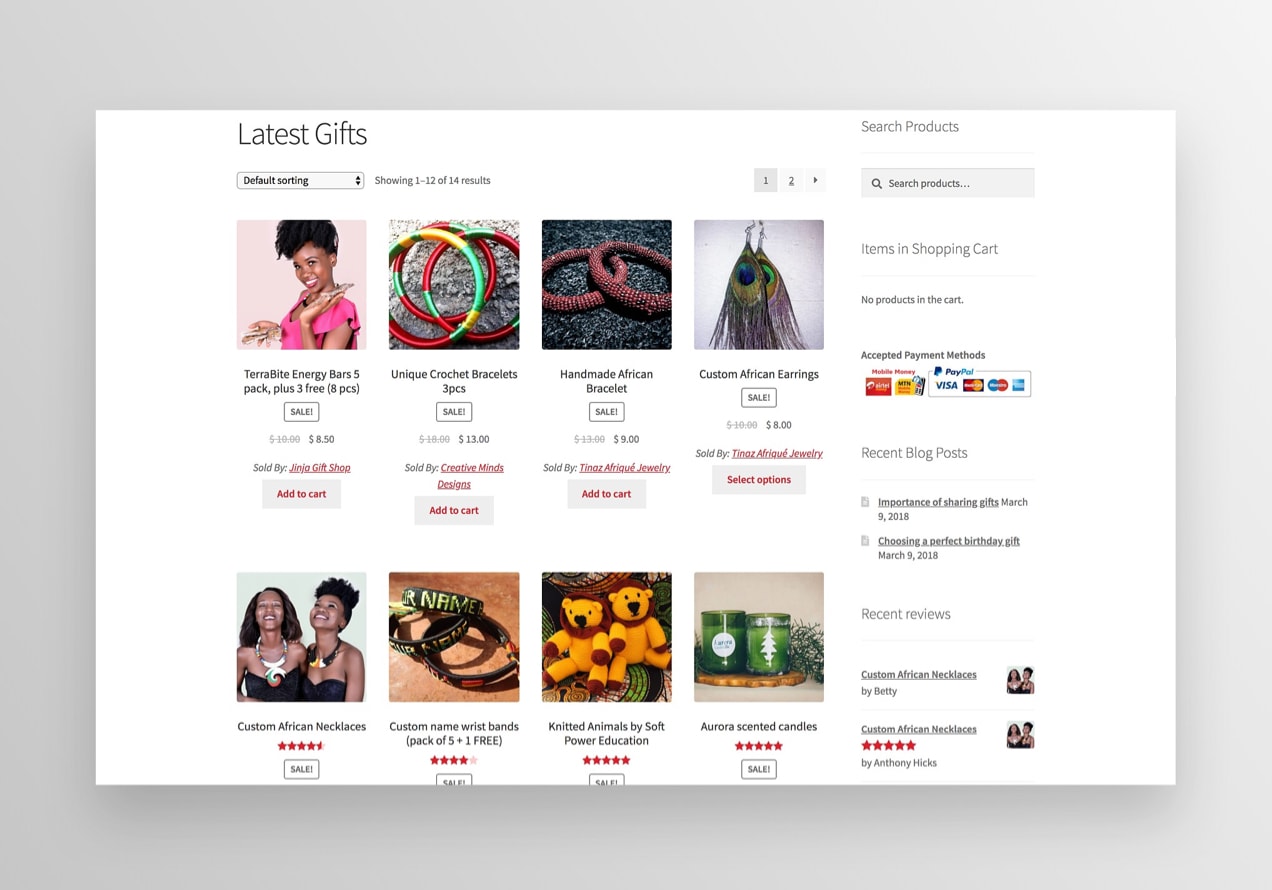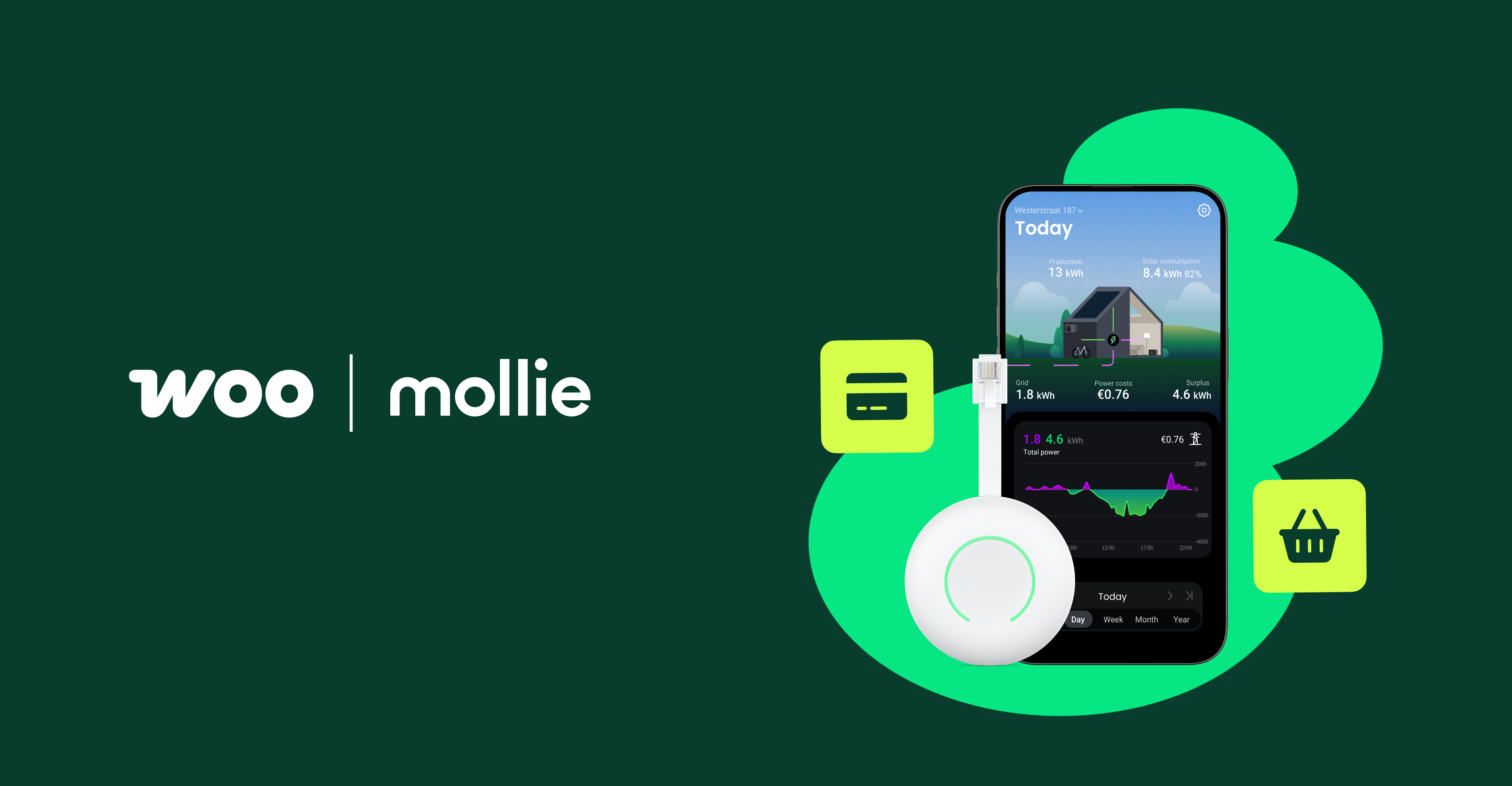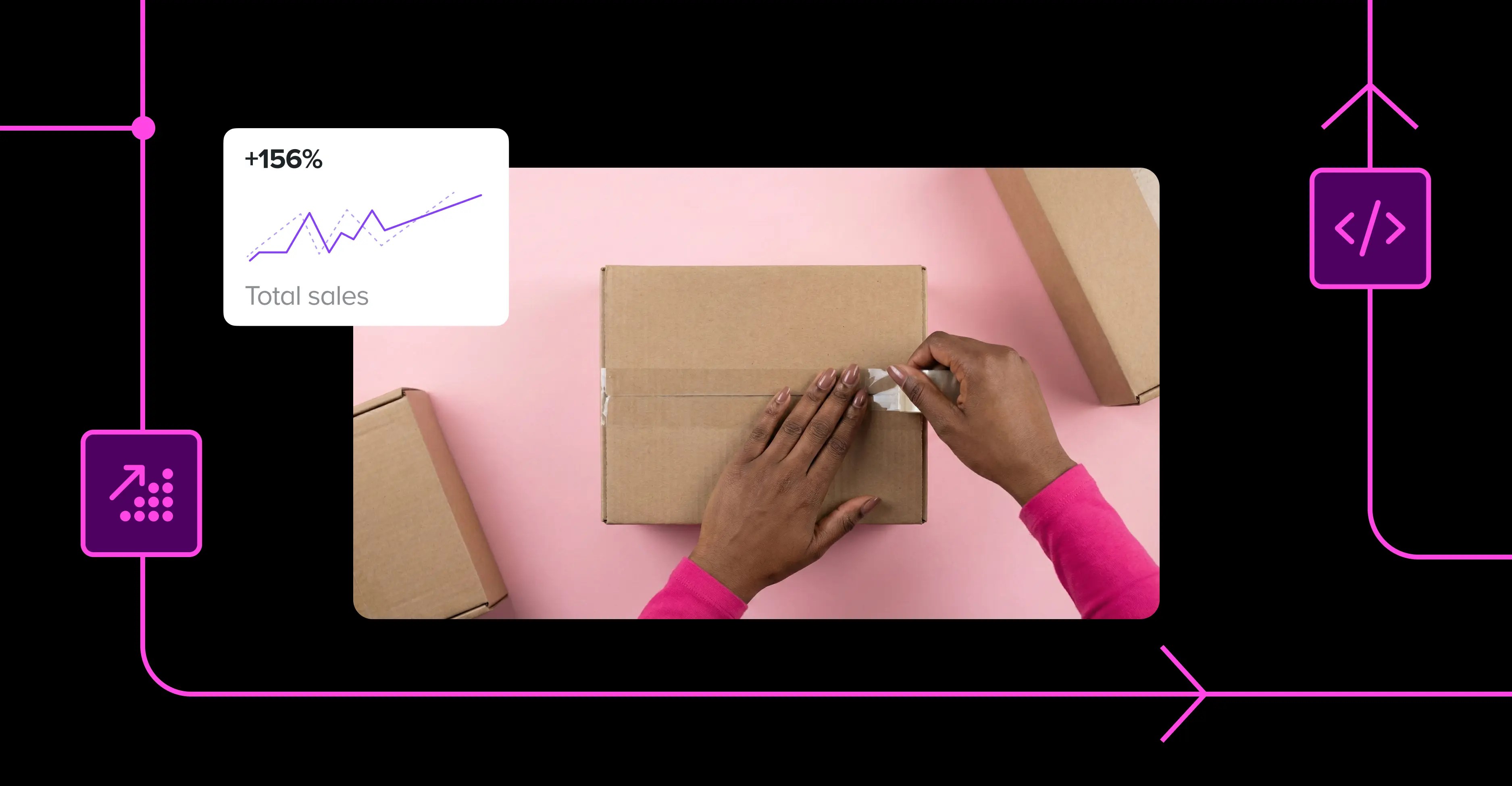Whether you’re a crafter who works with paper, wood, gems, or textiles, you’ve likely got an inventory of beautiful products waiting for the right buyers. A lot of creatives use a third-party storefront, like Etsy, to kick-start a business and find an audience. But once you have a small-but-growing set of fans, it’s time to maximize profits and take your business to the next level with your own online store.
Sell like a boss
↑ Back to topThere are many reasons to host your own online shop with open source software like WooCommerce. Consider these:
Nix extra transaction fees. Etsy takes listing fees and a commission of 5% on every sale, and recently announced that they’ll also take a full 15% commission on any sale generated through digital ads — that’s at least 20% in Etsy’s pocket before any of your other expenses. When you own your own shop, you avoid these fees. You set your own prices without needing to accommodate extra charges, and keep more of your revenue in your pocket.
Build your own brand and community. Your own, branded site conveys the unique, creative personality of your business and helps you connect with shoppers. Offer your fans specialized content, like home decorating blog posts that incorporate your products or peeks inside your studio. You can even personally respond to comments and feedback on pages, posts, and products to nurture client relationships.
Offer a wider variety of product types. Like Etsy, WooCommerce allows the sale of virtual products like PDF downloads, physical objects, or a combination of both. Unlike Etsy, WooCommerce extensions let you sell bookings, gift certificates, and subscriptions or accept recurring donations, all from the same storefront.
Integrate social media and mailing lists. To build out your community, you’ll want to share your latest creations on as many platforms as possible. Use WooCommerce extensions to integrate your shop with Facebook, and showcase or sell items right on that platform. Other tools help you collect email addresses for your mailing list so you can reach out to customers directly. Both strategies lead to new sales and repeat clients.
Add automatic shipping and tax calculations. You can set up detailed shipping and tax rules if needed, but most small businesses, can let WooCommerce Tax automatically calculate rates. And for sales within the United States, use WooCommerce Shipping to automatically calculate rates and generate USPS shipping labels.
Control SEO and advertising. Since WooCommerce is built on WordPress, you have full control over search engine optimization attributes like image alt text, meta descriptions, and product titles. Same goes for advertising: use Google Analytics to pinpoint exactly where your shoppers spend their time online, then advertise your most popular products for maximum exposure and sales.
Move from Etsy to WooCommerce with ease
↑ Back to top
Don’t worry if you’ve already set up dozens of products on Etsy. You can export your data — prices, descriptions, titles — and import it into WooCommerce with the built-in import tool. WooCommerce is fully scalable and can handle your current and future catalog, no matter how large. You’ll be able to launch your new store quickly without having to start from scratch.
If you need help with your migration, let us know! With Woo, high-volume stores qualify for unique benefits like dedicated support and discounted extensions. Learn more about how our team can help your business grow.
Bring some friends
↑ Back to topSold on moving to your own WooCommerce storefront, but nervous about going it alone? Consider building a marketplace of your very own to showcase multiple vendors on one site. Choose the vendors that most share your vision and community appeal, then join together to build a single site that allows each of you to set up your own storefront, just like your own personal Etsy.

You can do this with the WooCommerce Product Vendors extension — use it to:
- Create individual accounts for each vendor, with limited access to the dashboard.
- Enable each vendor to create and edit their own products.
- Enable each vendor to set up their own shipping rules.
- Display an application form so potential new vendors can request their own account.
- Showcase similar products in a unified storefront.
- Set variable commission rates: per store, per vendor, or per product.
This is a great way to build a community of not only fans, but crafters and creators too, and you’re in full control at all times!
How to get started
↑ Back to topFirst, you’ll need a domain name; you can search and purchase a domain directly from WordPress. Next up is a hosting account on a reliable, fast platform — look for one with an included SSL certificate, as the added security will be essential for an online storefront. The annual cost here varies but remember, good hosting is the foundation of your site and it’s worth it to go with a reputable, established company. See some of our recommended WordPress hosts.
Next, install WordPress and WooCommerce. Refer to our excellent documentation to:
- Choose a theme design
- Craft pages
- Create products or import existing ones
- Set shipping rates
- Accept payments
If you’re building a multi-vendor site, you’ll need the Product Vendors extension, which has a small annual fee. Be sure to renew it each year to make sure you have access to important security updates. For even more functionality, check out our full extension library, with options for marketing, shipping, advanced product types, and more.
Here are a few of the other tools we mentioned above that you’ll find helpful:
And that’s it! Flexibility, independence, scalability, community, and increased profitability are all within reach. Turn your hobby shop into a viable, lasting business — one that you own!
Get started with WooCommerce, or check out some successful online stores that use our platform.
About





